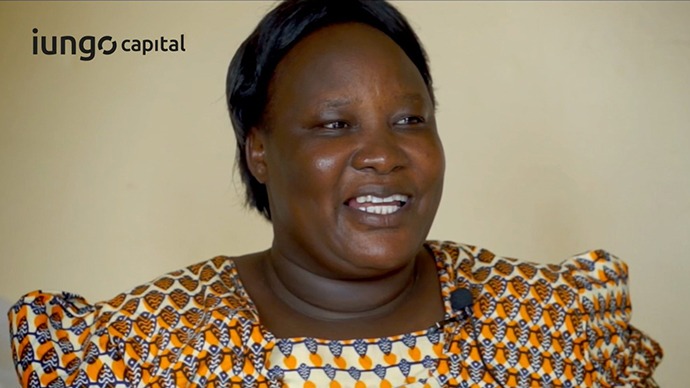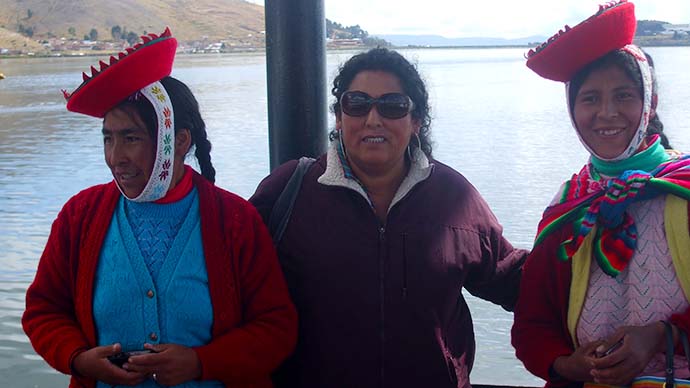Posted on April 6, 2016
By Andie Long

“Good Meevening, everyone.” Jack Knellinger, co-founder and principal of the Capria Accelerator, addressed the audience at Seattle’s Impact Hub last Thursday for the first Capria Fund Managers Forum. Knellinger often begins his international calls this way, so that his greeting covers all the bases: morning, afternoon, and evening. In addition to the 25 attendees, there were more than 40 people who dialed into the event from over 10 countries, including investors based in India, UK, Netherlands, France and Canada.
Continue Reading
Posted on March 21, 2016
There are 748 million people worldwide who do not have access to safe drinking water, and 2.5 billion who lack access to improved sanitation. Several non-profits and for-profits in Washington state are partnering to increase access to clean water and therefore improve lives globally. These NGOs and companies have contributed to over 2 billion people gaining access to improved drinking water since 1990, and they will continue efforts to help the world reach Sustainable Development Goal 6 by 2030 — ensuring availability and sustainable management of water and sanitation for all.
Global Washington member FSG understands the power of NGO/Business partnerships. Below is an excerpt from a blog titled Untapped Potential written by Arani Kajenthira Grindle, Senior Consultant at FSG, that touches on opportunities around shared value and water.
Shared Value and Water
In conducting our work, we have come to recognize that companies have ample opportunity to influence water access and availability in their relative operational spheres, addressing a clear social challenge in a manner that allows for business returns across all three levels of shared value creation.
Continue Reading
Posted on March 7, 2016
By Sydney Perlotto, Awamaki

As another International Women’s Day approaches, we at Awamaki asked ourselves: What makes International Women’s Day worth celebrating? As a non-profit working for rural women’s empowerment in Peru with a staff made up of Peruvian and international women, sometimes it feels like every day is International Women’s Day.
Continue Reading

